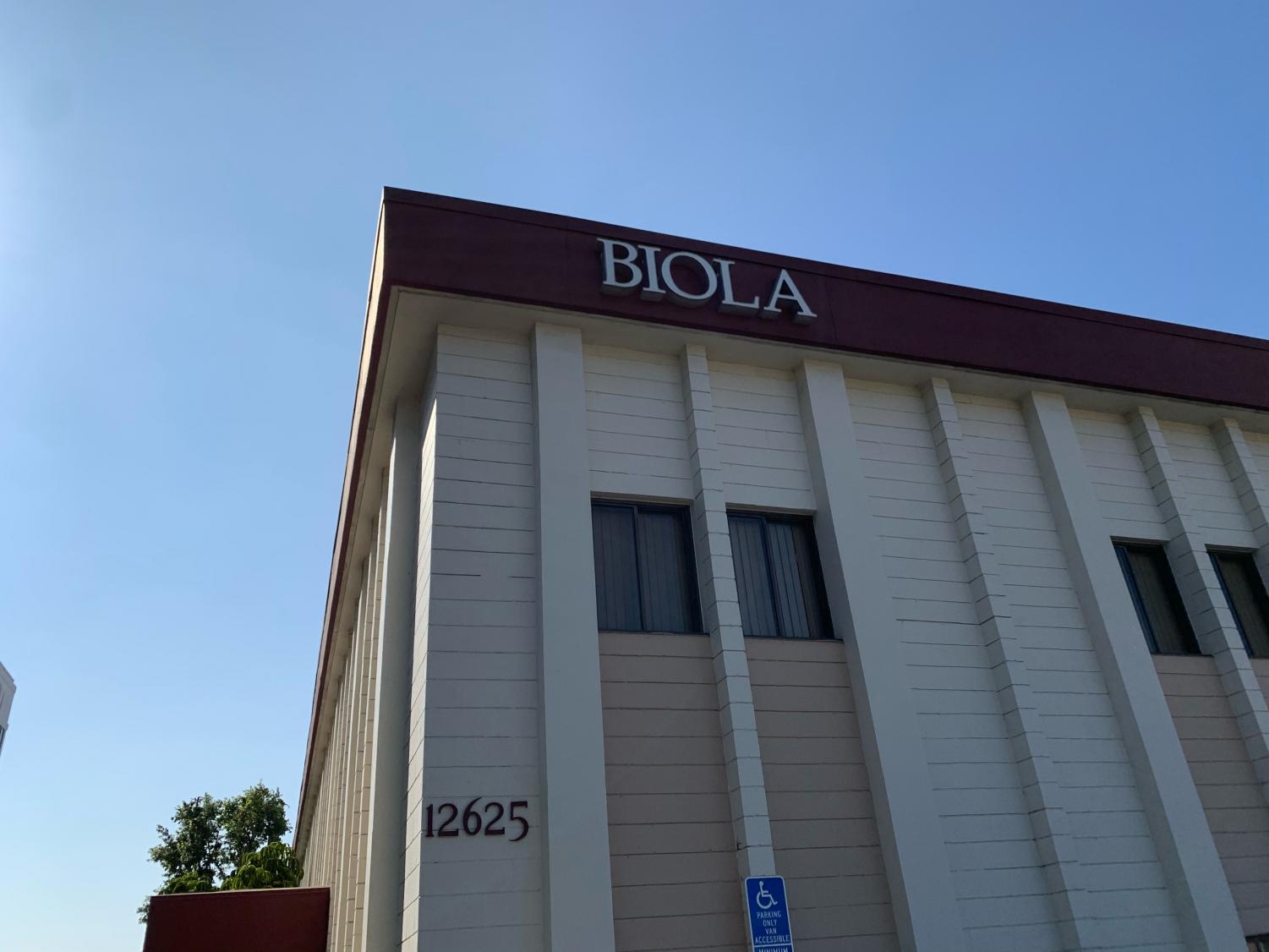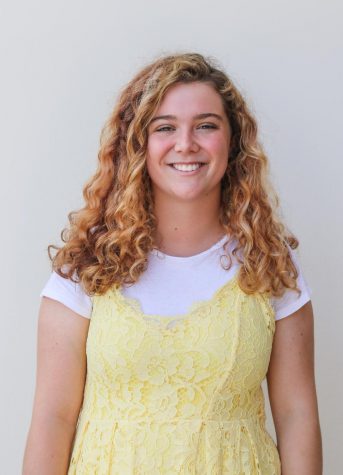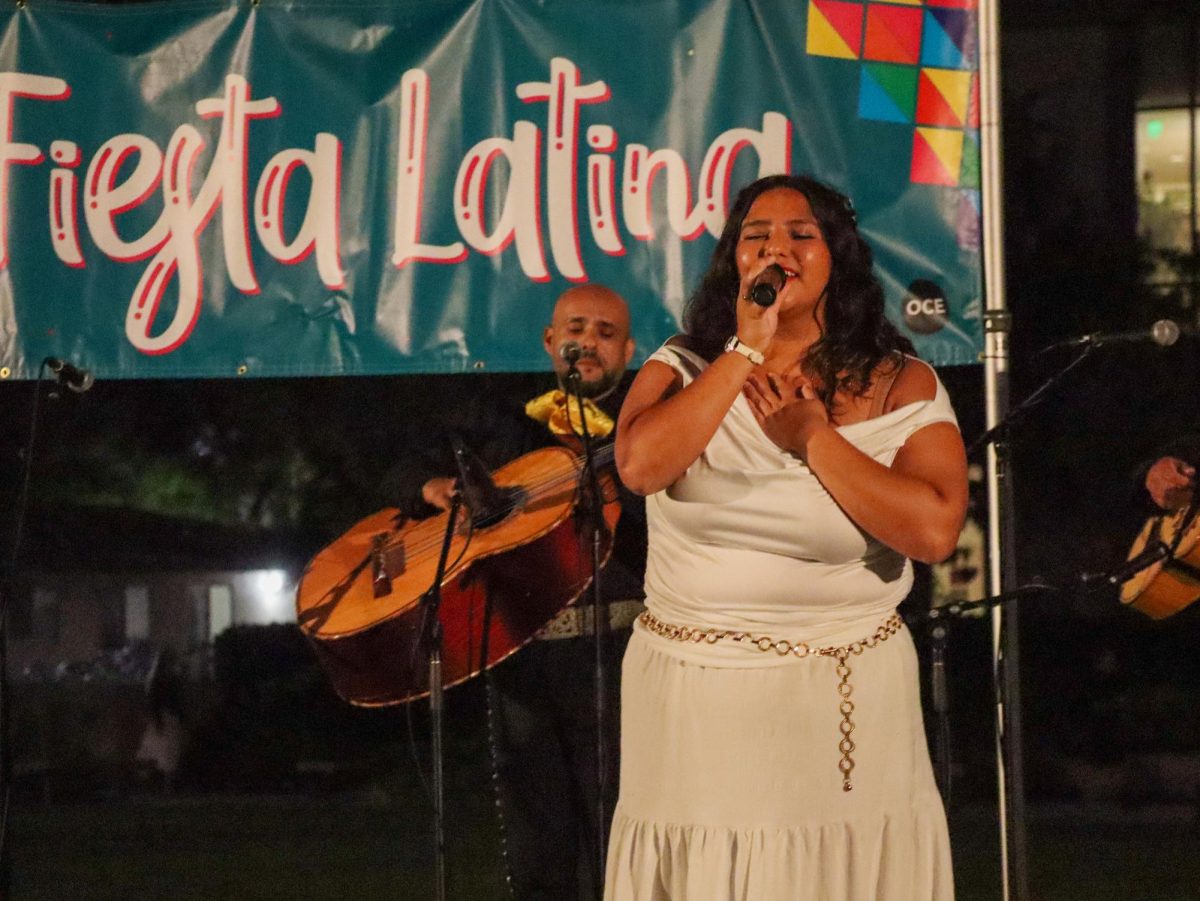On March 17, President Barry Corey sent out an email asking students to vacate Biola’s campus and Biola-owned housing, following Gov. Gavin Newsom’s stay-at-home order. This transition caused a spike in mental health issues among young adults, requiring the Biola Counseling Center to quickly transition to a fully online format within the first week of lockdown.
“Everybody needs help at some point or another,” Director of the BCC Melanie Taylor said. “We’re here to help, whatever that might be. And together we’ll figure out what’s best for them.”
NATIONAL LONELINESS PANDEMIC
According to the Kaiser Family Foundation, this pandemic has caused an unprecedented spike in anxiety and depressive episodes in adults in the U.S. The study also noted that normally only 11% felt symptoms of anxiety or depression in Jan. 2019, but those numbers went up to 40.1% in July of this year. These mental illnesses seem to have become a side effect to the time the nation has spent in isolation.
The study also reported the results of a poll the KFF ran in late March when stay-at-home orders began. The poll found that 47% of adults sheltering in place reported negative effects on their mental health.
Biolans, of course, sit among these adults sheltering in place. As students relocated around the world, relational connections were lost. For many, Zoom classes serve as their only interpersonal communication.
COUNSELING STUDENTS FROM AFAR
With these new challenges, the BCC adjusted to new forms of outreach and servitude. Taylor has worked with her team in order to better serve Biola students and the community around campus as best they can.
“When you’re out of state or out of the country we can’t actually see you,” Taylor said. “If someone calls in and says, ‘I’d like to get some help,’ then we will help them research in the area where they are, or even the country that they’re in, to see what’s available to them close by.”
For students within California, the BCC still has the same resources as before. Regular intake and processing are still taking place, as well as drop-in hours for those who are currently living on campus. To access these resources students can go to the BCC’s website or to the Health Center to see interns in person. The center is also allowing all students to take a free workshop on therapy essentials, which can be accessed via Zoom.
COMMUNITY BEYOND CAMPUS
Although the BCC is limited in the amount of care it can give, Biola is still seeing an increase in the need for community. Dean of Student Wellness Lisa Igram shared in an email that within the third week of school, huddles had over 400 sign-ups. As students find ways to create a new form of community, Igram urged them to remember they are human.
“This is a season to recognize that we are human, that we have very human responses to the hard things happening, and to be gracious with ourselves and more intentional in reaching out to the Lord and each other,” Igram wrote.
Taylor also encourages students to seek help, even if it may seem fruitless.
“The advice I would give is just for people to be kind with themselves and give themselves a break,” Taylor said. “This is a hard time and it’s okay to struggle. It can be isolating and lonely.”
She explained that oftentimes students are harsh with their own judgement and seem to believe they do not have enough problems or reasons to go to therapy. But in reality, college is a transition and it is OK to seek and get help when in need.












